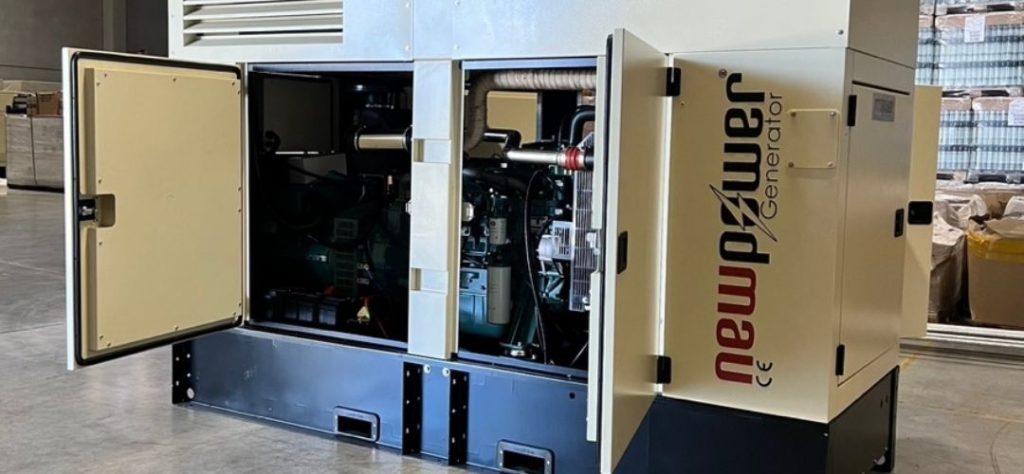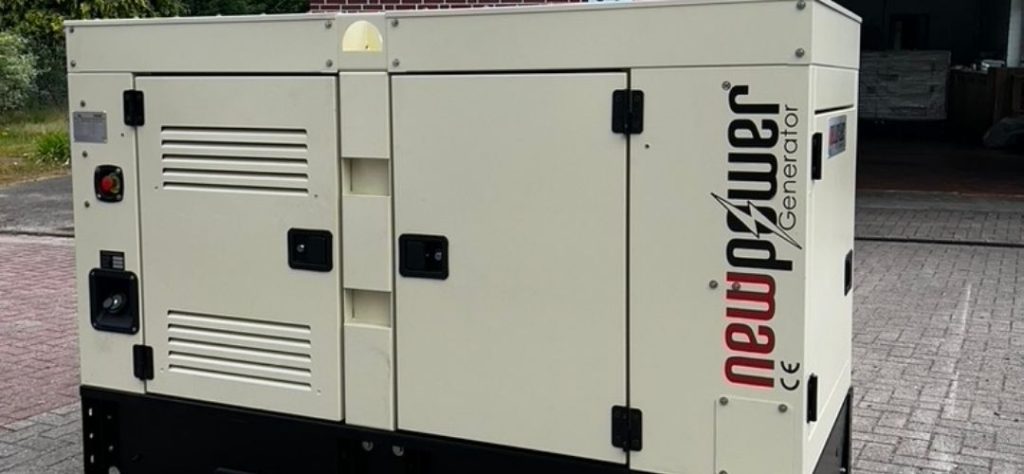The Importance of Regular Generator Maintenance
In today’s fast-paced, energy-dependent world, generators play a crucial role in keeping businesses, homes, and facilities operational during unexpected power outages. However, simply owning a generator isn’t enough. Just like any mechanical equipment, generators require consistent and proactive maintenance to function reliably and efficiently over the long term.
In this comprehensive guide, we’ll explore why regular generator maintenance is critical, what it involves, the consequences of neglect, and how you can set up an effective maintenance routine.
Why Generator Maintenance Is Crucial
1. Ensures Operational Readiness
Generators are often used as backup power sources during emergencies. Without regular maintenance, there’s no guarantee they’ll start or operate effectively when needed most. Routine inspections and servicing help ensure that the generator is always in working order and ready to perform under pressure.
2. Extends Equipment Lifespan
Preventative maintenance significantly extends the life of a generator. By identifying and resolving minor issues early, you avoid more significant problems that could lead to complete engine failure or costly replacements.
3. Improves Efficiency and Performance
A well-maintained generator runs more efficiently, uses less fuel, and generates power more consistently. Dirt, debris, and worn parts can hamper performance, but regular servicing optimizes each component for maximum efficiency.
4. Reduces Repair Costs
Reactive repairs tend to be more expensive than scheduled maintenance. Regular inspections help identify small, inexpensive issues before they evolve into major, costly repairs or require complete replacement of parts.
5. Compliance with Warranty Requirements
Most generator manufacturers require proof of regular maintenance to keep the warranty valid. Neglecting maintenance might void your warranty, leaving you financially liable for future breakdowns or damages.

Common Generator Maintenance Tasks
Regular maintenance involves a comprehensive set of checks and tasks designed to keep the unit in peak condition. Here are the most essential ones:
1. Oil and Filter Changes
Just like a car engine, a generator needs clean oil to function properly. Oil should be changed after a certain number of hours of operation (typically every 100–200 hours), along with replacing the oil filter to ensure optimal lubrication.
2. Coolant System Inspection
Coolant levels must be checked regularly to prevent overheating. Leaks, rust, and sediment in the system can lead to engine failure, so the coolant system should be flushed and replenished as per the manufacturer’s schedule.
3. Air Filter Replacement
Generators need clean air for combustion. Dirty air filters restrict airflow and reduce efficiency. Depending on the environment, filters should be inspected monthly and replaced every 6–12 months.
4. Battery Inspection and Testing
A generator’s battery is its heart. Corrosion, low charge, or old age can render the battery useless. Testing voltage and cleaning terminals ensures reliable startup.
5. Fuel System Maintenance
For diesel or gas-powered generators, fuel quality is critical. Fuel filters need regular replacement, and the tank should be inspected for water contamination or microbial growth.
6. Spark Plug Replacement (for Gas Generators)
Spark plugs must be clean and properly gapped. Worn or dirty spark plugs can cause misfires and performance issues.
7. Exhaust System Inspection
Leaks in the exhaust system can be dangerous and indicate problems with internal engine components. Regular visual and mechanical inspections are essential.
8. Load Bank Testing
To simulate real-life usage, load bank testing helps ensure the generator can handle the power demands it’s rated for. This test is typically done annually.

Signs Your Generator Needs Immediate Maintenance
Even with a regular maintenance schedule, some signs should prompt immediate inspection:
- Unusual noises or vibrations during operation
- Delayed startup or failure to start
- Leaking fluids (oil, coolant, fuel)
- Excessive exhaust smoke
- Warning lights or error codes on the control panel
Ignoring these warning signs can lead to critical failure and complete power loss during emergencies.
Risks of Neglecting Generator Maintenance
Failing to maintain your generator can result in a variety of issues:
1. Unexpected Downtime
A malfunctioning generator may not start during a power outage, causing operational delays, data loss, or safety risks, especially in critical environments like hospitals or data centers.
2. High Repair or Replacement Costs
Neglected maintenance often leads to component failure, which is far more expensive to fix than the cost of regular inspections.
3. Decreased Fuel Efficiency
A poorly maintained generator consumes more fuel, leading to higher operational costs.
4. Health and Safety Hazards
Fuel leaks, electrical faults, and carbon monoxide emissions from faulty systems can pose serious health and safety risks.
5. Invalidated Warranty
As mentioned earlier, not adhering to the maintenance schedule can void the manufacturer’s warranty, leaving you vulnerable to significant repair costs.
Creating an Effective Generator Maintenance Plan
To maximize your generator’s performance and reliability, create a tailored maintenance plan:
1. Follow the Manufacturer’s Manual
Every generator has specific needs. Adhering to the guidelines provided in the manufacturer’s manual ensures you’re addressing all critical aspects.
2. Schedule Regular Inspections
Set up a calendar with monthly, quarterly, and annual maintenance tasks. Many facilities use CMMS (Computerized Maintenance Management Systems) for reminders.
3. Keep Detailed Maintenance Records
Document every inspection, repair, and part replacement. These records help track trends, prove warranty compliance, and guide future maintenance needs.
4. Hire Trained Technicians
If you’re not experienced with generators, hire certified professionals. Their expertise ensures every part of the generator is properly inspected and maintained.
5. Use Quality Parts and Fluids
Always use OEM (Original Equipment Manufacturer) parts and approved fluids to avoid compatibility issues and preserve equipment longevity.
Industry-Specific Generator Maintenance Considerations
1. Healthcare Facilities
Hospitals require uninterrupted power. Maintenance must be more frequent, and tests should be conducted under load to simulate real emergencies.
2. Industrial Plants
With high power demands, industrial generators need frequent inspection of cooling and exhaust systems due to intense operational environments.
3. Data Centers
Even brief outages can be catastrophic. Battery backup systems, transfer switches, and remote monitoring tools must be included in maintenance protocols.
4. Commercial Buildings
Office buildings benefit from automated systems that alert facility managers to maintenance needs before a failure occurs.
Generator Maintenance and Sustainability
Sustainability is increasingly important in modern operations. Well-maintained generators:
- Produce fewer emissions
- Operate with optimal fuel efficiency
- Require fewer replacements, reducing environmental waste
Organizations can meet both operational reliability and environmental goals by implementing a strict generator maintenance regimen.
Invest in Preventative Care
Your generator is a valuable investment that protects your operations from unexpected power interruptions. Regular maintenance is not a luxury—it’s a necessity. By staying ahead of potential issues, you save money, enhance performance, and ensure peace of mind when the power goes out.
Whether you’re responsible for a home standby unit or a fleet of industrial generators, proactive maintenance will keep your backup power system ready for anything.
Frequently Asked Questions (FAQ)
Q1: How often should generator maintenance be performed?
A basic visual inspection should be done monthly, while full maintenance checks are recommended every 6 to 12 months, depending on usage.
Q2: Can I maintain my generator myself?
Basic tasks like checking oil levels and inspecting for leaks can be done by owners, but full servicing should be done by trained professionals.
Q3: What’s the average lifespan of a generator with regular maintenance?
With proper maintenance, standby generators can last 10–30 years or more.
Q4: Do generators need maintenance even if they’re rarely used?
Yes. Lack of use can cause battery discharge, fuel degradation, and internal corrosion. Regular testing and servicing are still essential.

